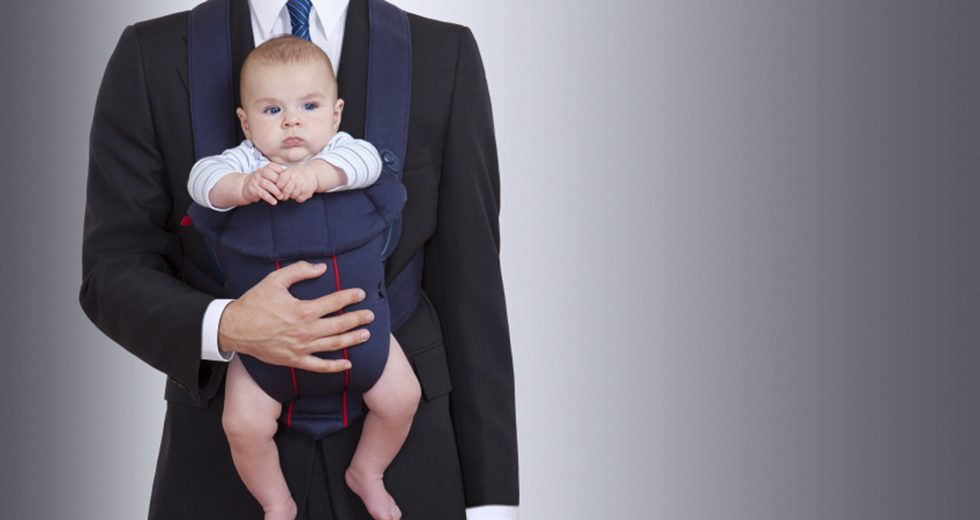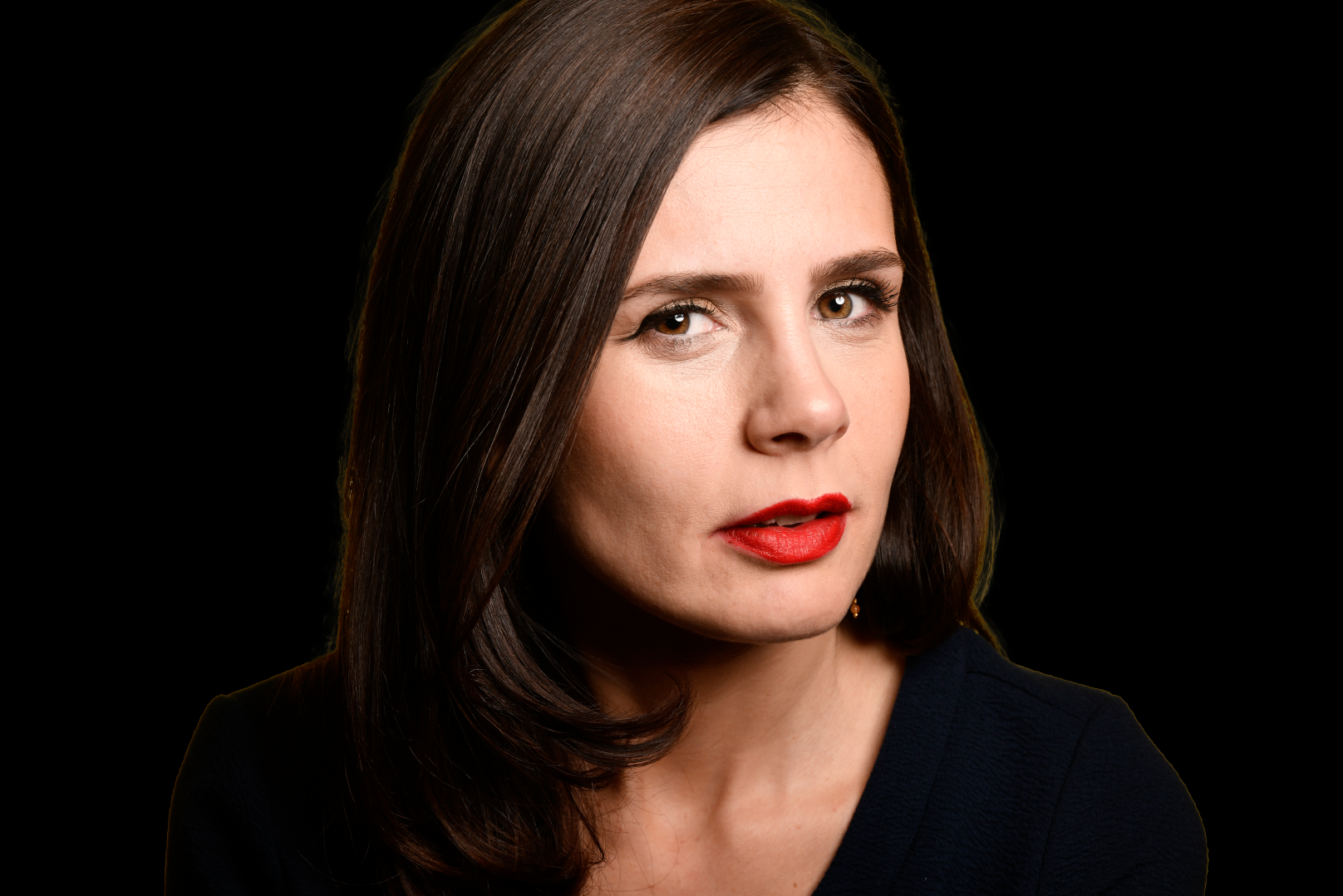
Paternity provisions excluding Kosovar dads
Fathers' role in childcare largely neglected.
"It is unfortunate that the law forces fathers to be away from their children during a very important life period for both."
Qerim Ondozi"When the father is engaged with the domestic work as well as his work, and when the mother is engaged in her career as well as the work in the house, then the children will learn about the importance of equal engagement."
Besnik Leka
Dafina Halili
Dafina Halili is a senior journalist at K2.0, covering mainly human rights and social justice issues. Dafina has a master’s degree in diversity and the media from the University of Westminster in London, U.K..
This story was originally written in English.